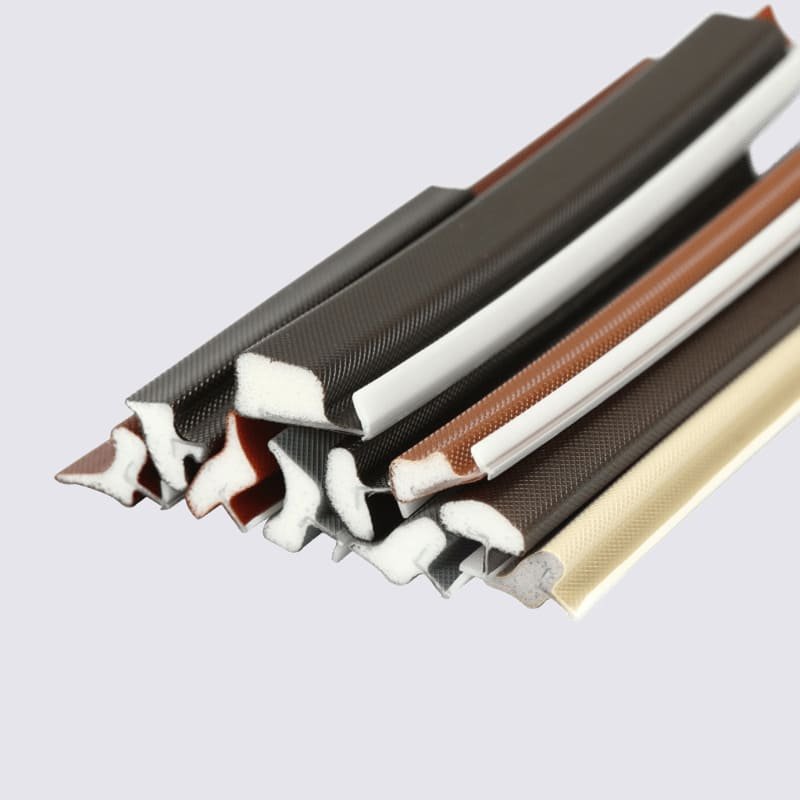Introduction:
When it comes to automotive applications that involve high temperatures, selecting the right hose material is crucial for the efficient and reliable functioning of various systems. In this article, we will explore different hose materials and identify the best options for withstanding extreme heat conditions. By understanding the characteristics of these materials, you can make an informed decision and ensure optimal performance in your vehicle’s high-temperature environments.
Silicone Hoses:
Silicone hoses are widely recognized for their exceptional ability to withstand high temperatures. They exhibit excellent heat resistance, often functioning reliably at temperatures ranging from -60°C to 260°C. Silicone hoses are flexible, durable, and exhibit resistance to aging, ozone, and ultraviolet (UV) light. They are commonly used in coolant, turbocharger, and intercooler applications.
Fluoroelastomer (FKM) Hoses:
Fluoroelastomer, also known as FKM or Viton, is another popular hose material for high-temperature applications. FKM hoses offer excellent chemical resistance and can withstand temperatures ranging from -20°C to 200°C (-4°F to 392°F). They exhibit exceptional resistance to fuels, oils, solvents, and high-temperature fluids. FKM hoses are commonly used in fuel delivery systems, engine compartments, and exhaust systems.
Polyamide (Nylon) Hoses:
Polyamide, commonly referred to as nylon, is a versatile hose material that offers good heat resistance. Nylon hoses can typically handle temperatures up to 150°C (302°F) and provide excellent resistance to abrasion and impact. They are lightweight, flexible, and widely used in air intake systems, cooling circuits, and hydraulic applications.
Ethylene Propylene Diene Monomer (EPDM) Hoses:
EPDM hoses are known for their excellent resistance to heat, ozone, weathering, and aging. While they may not offer the same high-temperature capabilities as silicone or FKM hoses, they are suitable for applications with temperatures ranging from -40°C to 120°C (-40°F to 248°F). EPDM hoses are commonly used in cooling systems, radiator hoses, and heater cores.
Stainless Steel Braided Hoses:
For extremely high-temperature applications, stainless steel braided hoses provide a reliable solution. These hoses consist of a flexible inner core material, such as PTFE (polytetrafluoroethylene), surrounded by a stainless steel braid. They can withstand temperatures up to 260°C (500°F) and offer exceptional resistance to heat, pressure, and corrosion. Stainless steel braided hoses are often used in performance vehicles, turbocharger systems, and hydraulic lines. solution. These hoses consist of a flexible inner core material, such as PTFE (polytetrafluoroethylene), surrounded by a stainless steel braid. They can withstand temperatures up to 260°C (
Conclusion:
Selecting the appropriate hose material for high-temperature automotive applications is essential for ensuring reliability and longevity. Silicone hoses are widely regarded as the best choice for their exceptional heat resistance, flexibility, and durability. However, depending on specific requirements, other materials like FKM, nylon, EPDM, or stainless steel braided hoses may be more suitable. By considering factors such as temperature range, chemical resistance, flexibility, and application requirements, you can make an informed decision and select the best hose material to optimize performance and ensure the efficient operation of your vehicle’s high-temperature systems.





